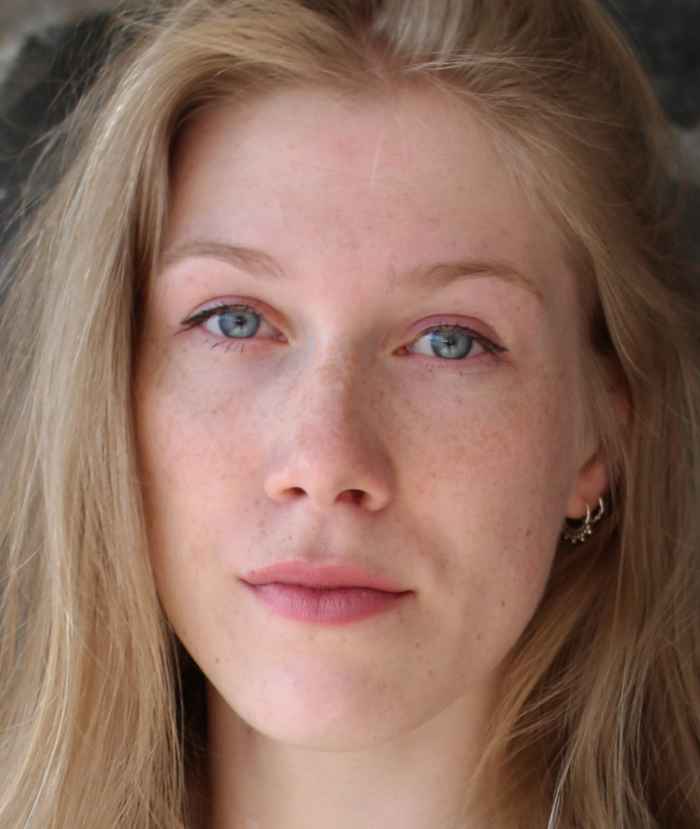'I gained the more practical knowledge I was looking for'
I first became a student at the UvA when I enrolled in the bachelor programme Cultural Anthropology and Development Sociology. I was interested in the study because the way of thinking and doing research left room for complexity and details. During the following three years I really learned a lot, even things that made me look differently at the world around me. There were many different courses and subjects to choose from, beautiful books and, most importantly, inspiring lectures and people. I knew that whatever I wanted to do after, what I learned during the bachelor would be useful.
Practical experience
After I finished my bachelor Cultural Anthropology at the UvA I felt like I had learned a lot, but did not really know what to do with it yet. The career perspectives were both endless and nearly nonexistent and I needed a bit more experience in how to apply my anthropological knowledge. Most masters seemed focused on academic research, not really on gaining the more practical experience I was looking for, until I found the master Applied Anthropology.
The sharing part was the most rewarding
During the first part of the study you learn how to do you own research with your research proposal as the end product. The second part is actually doing your research, and the third part consists of writing your thesis. From the fist part on you have to work together with your organization: get in contact, introduce your research plans, work on a research question that is relevant for both of you, and so on. Still for me it was mostly the writing, and sharing, part that was most rewarding. And not only rewarding: also a way of learning, sharing my preliminary results became part of the research itself.
Daily life in a nursing home
My research took place in a nursing home, where I looked at the daily life of the nursing home residents. After I finished my research I was able to present my findings during a meeting and even during a conference, which made my research seem more useful. Now, after my thesis is finished, I am still in touch with people that I came to know through my research and we talk about the findings and how they think changes can be made. My thesis has also been read by people from different nursing homes and professions. I think this shows the added value of the Applied Anthropology track.
A clear topic of interest
And to end with, some advice: As the study programme is only one year, which is a short time to set up a research project, complete it and also write a complete thesis, I would advise to have an organization or research question in mind before starting, or at least a clear topic of interest.
